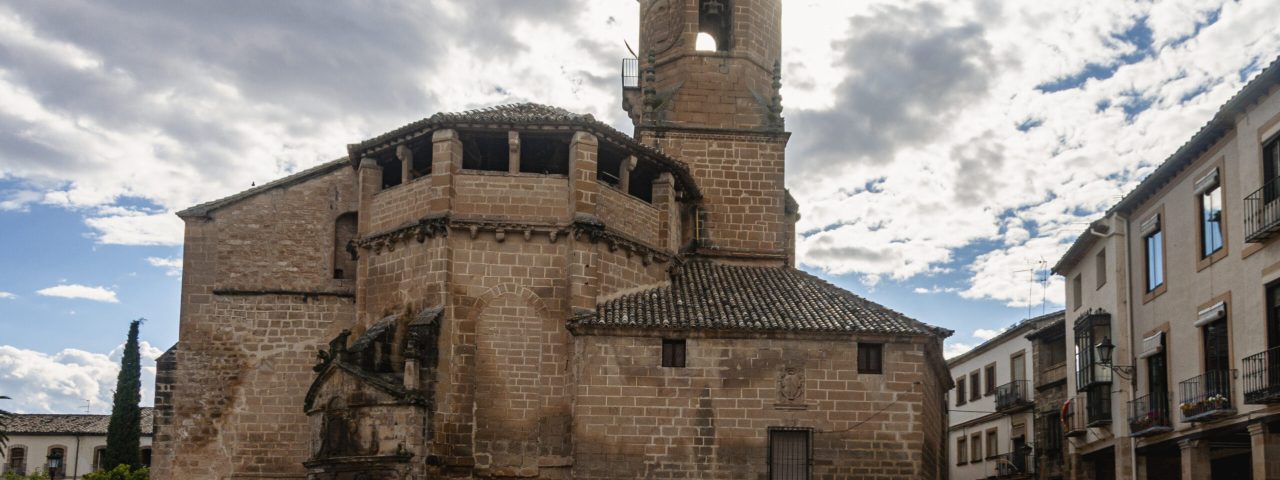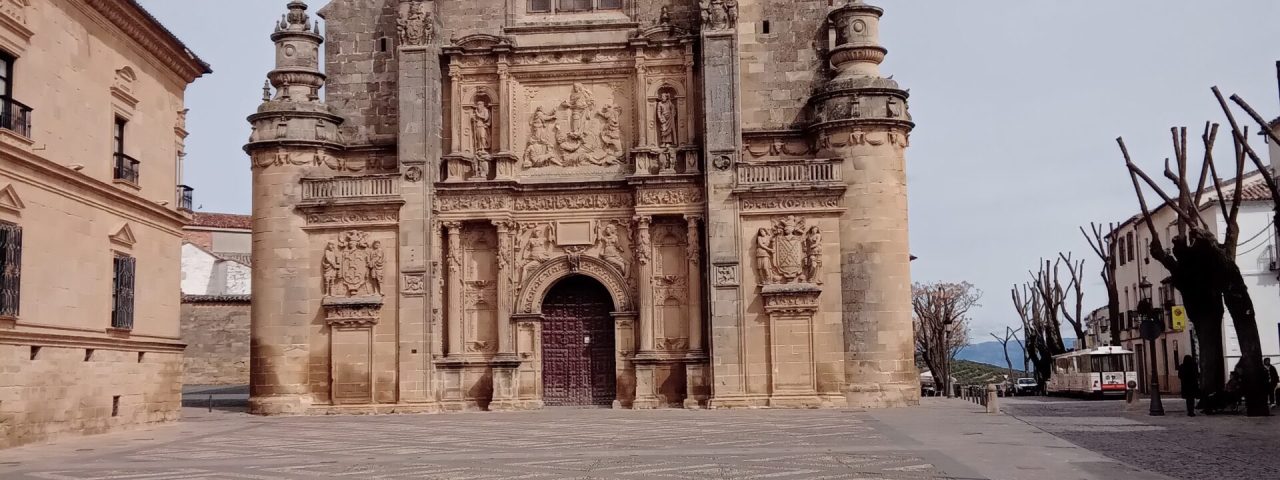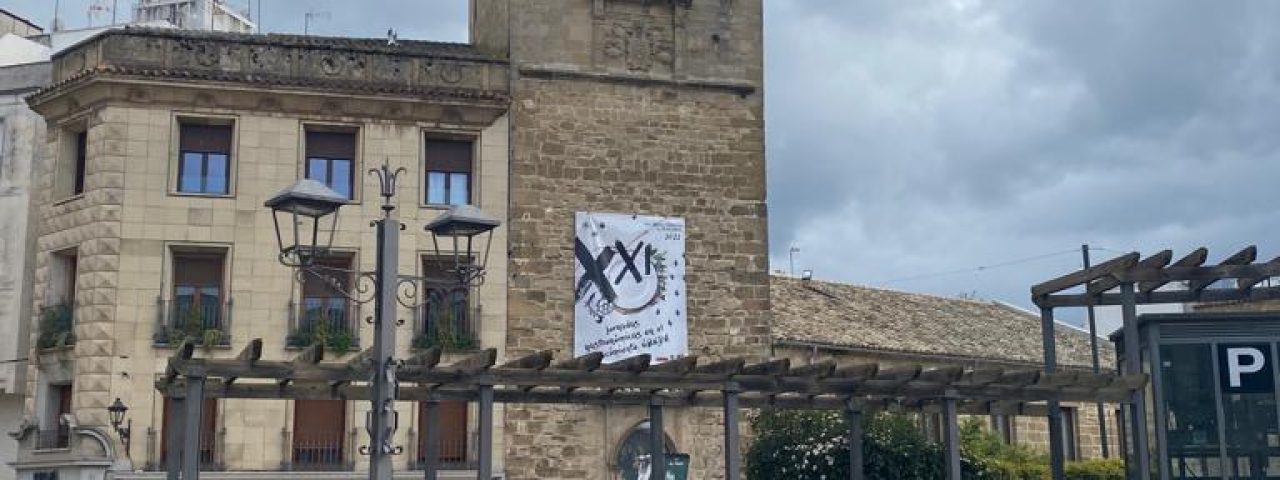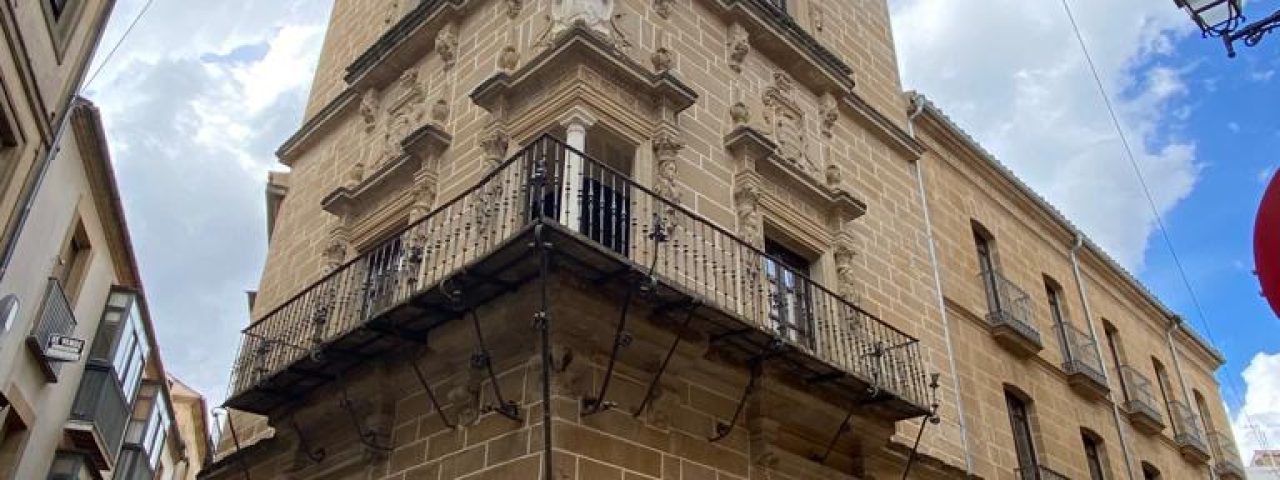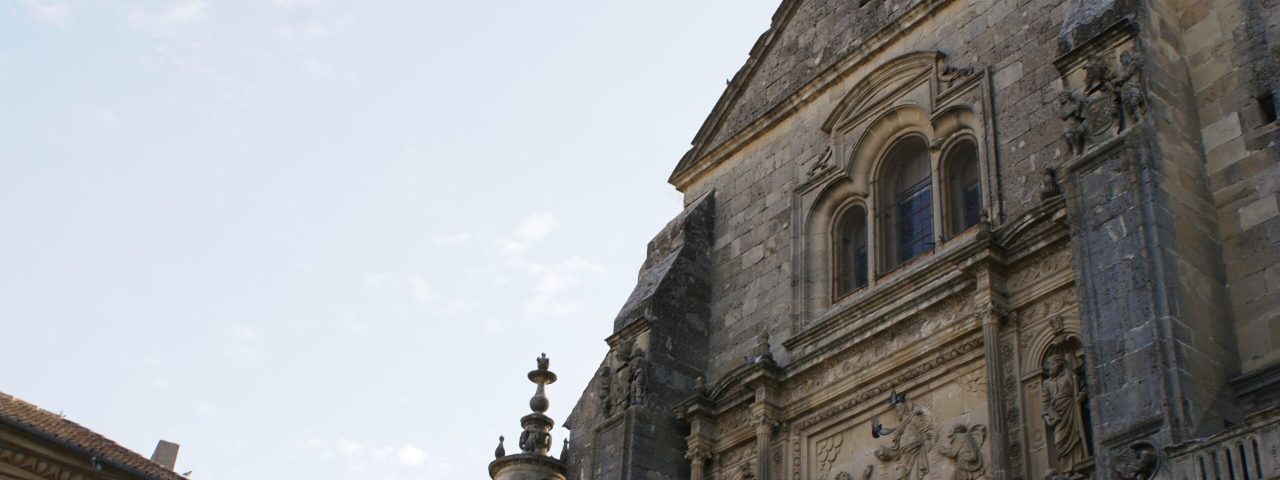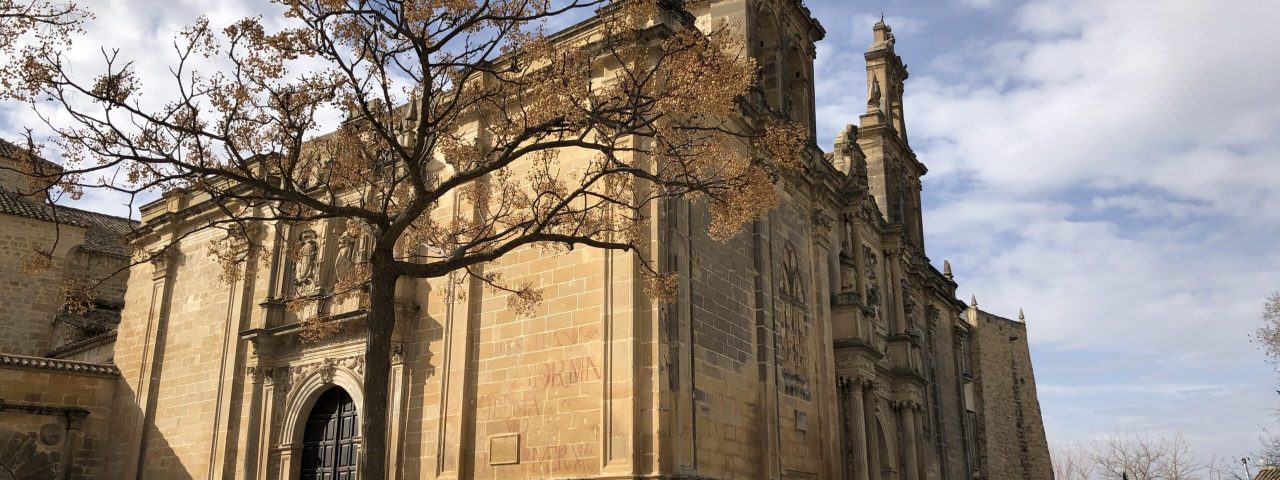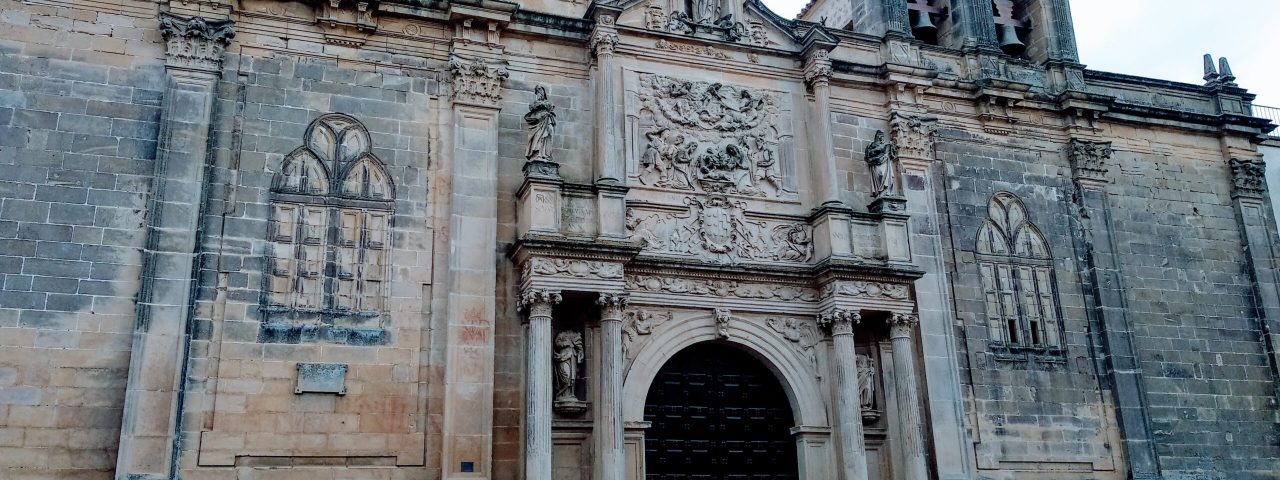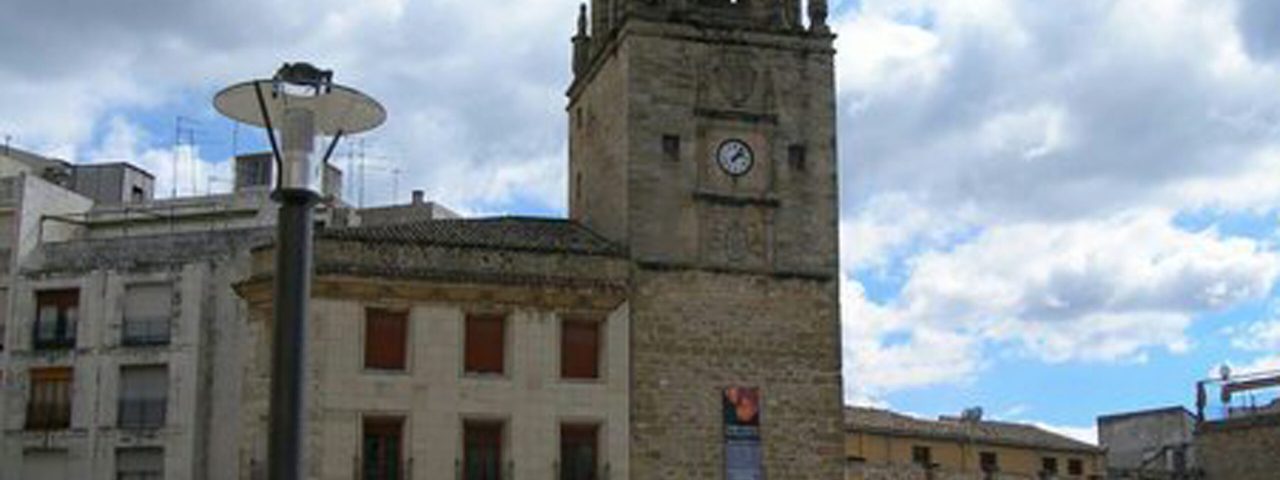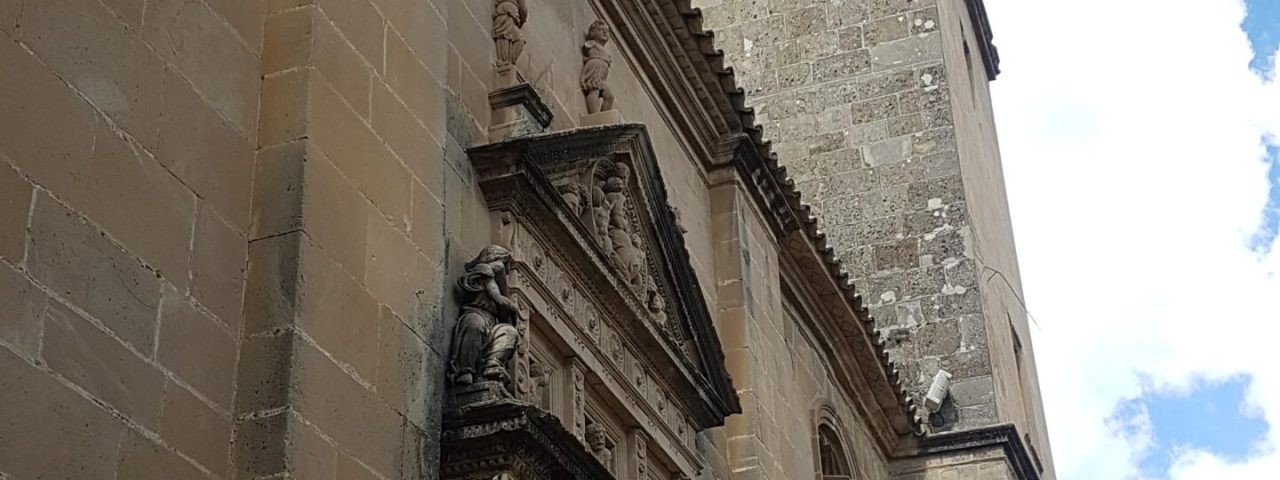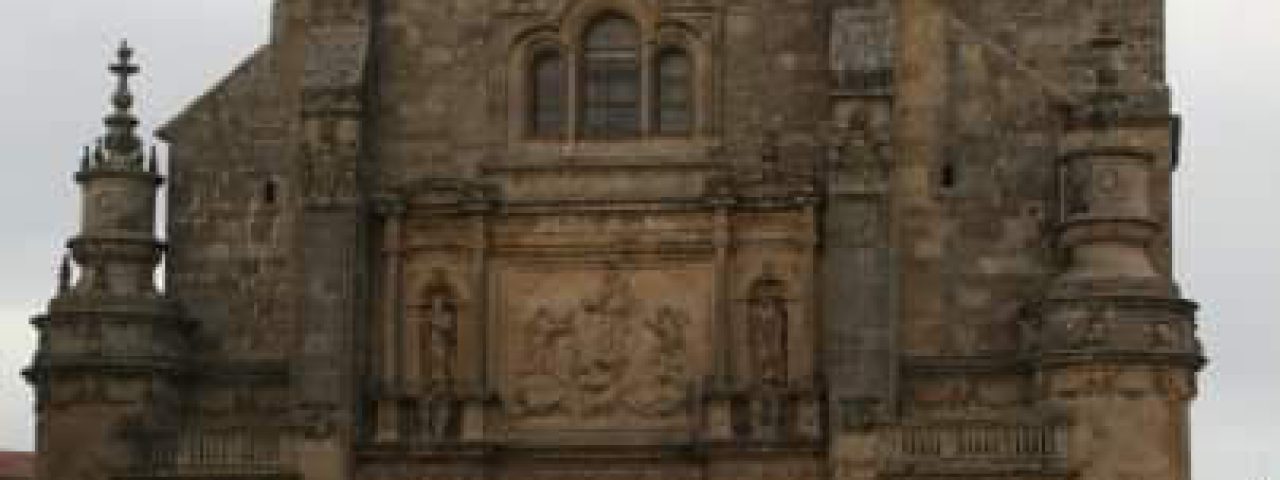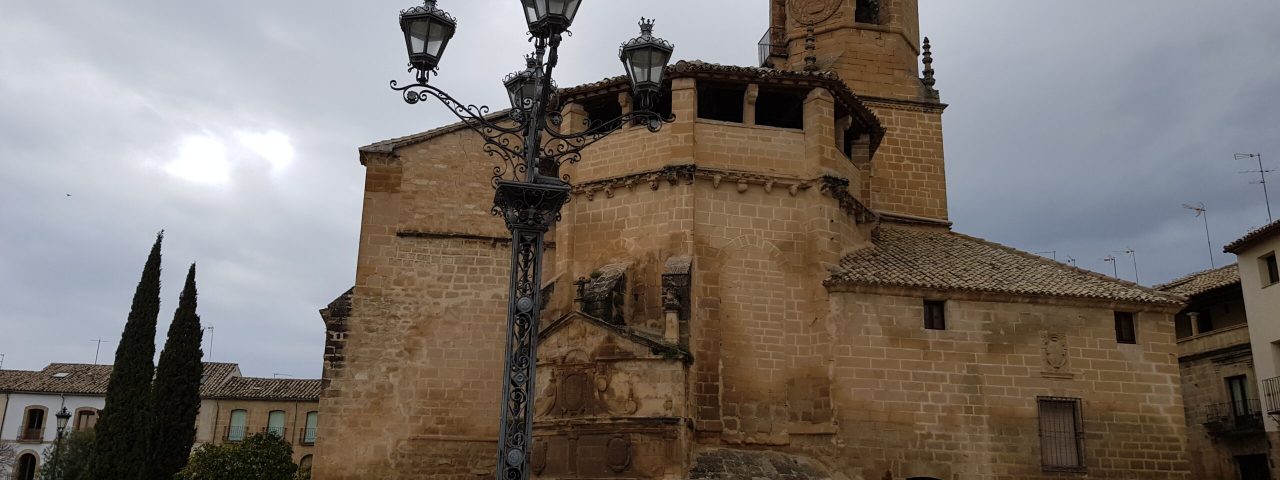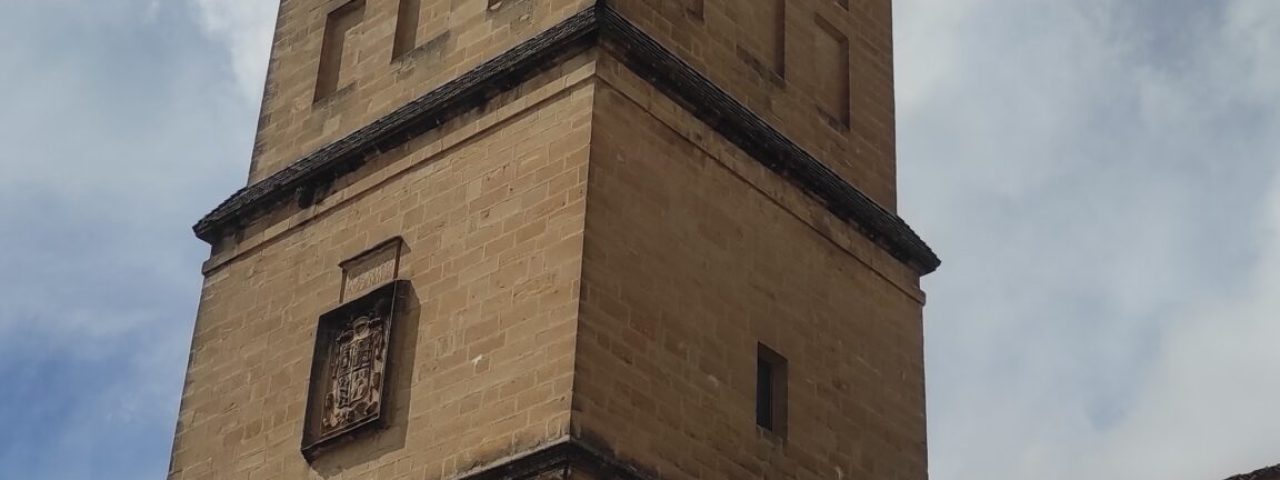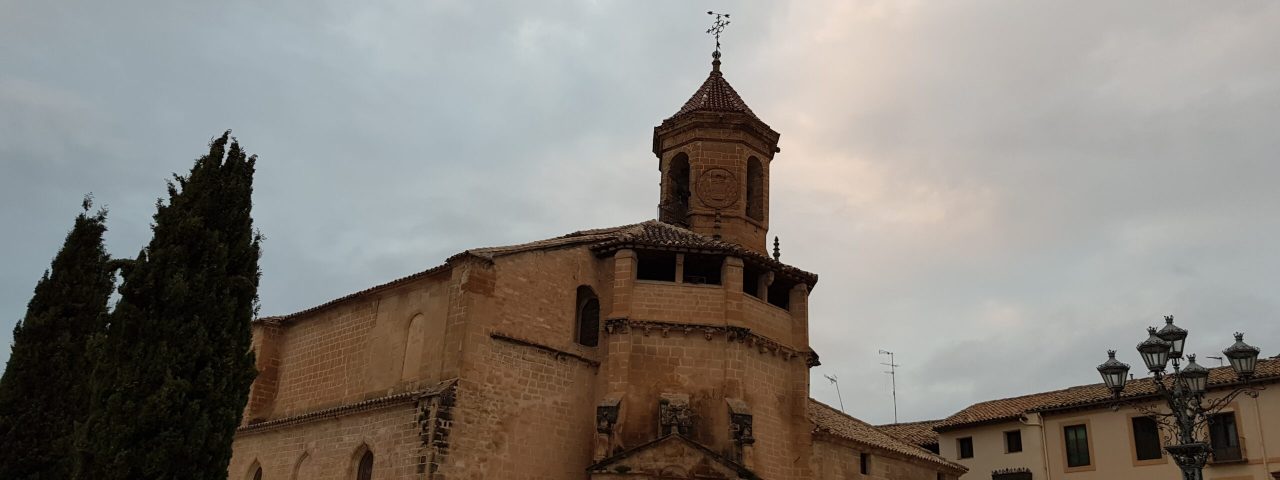Úbeda has a rich history that dates back over 3,000 years, with influences from various civilizations that have left their mark on the city’s cultural fabric. The city’s name is derived from the Arabic “Ubbadat,” a reference to its Moorish origins. It was under Moorish rule until the early 13th century, when it was reconquered by Ferdinand III of Castile during the Christian Reconquest of Spain. However, it is the Renaissance period that defined Úbeda’s architectural and cultural identity, thanks to the patronage of the local nobility and wealthy merchant class during the 16th century.
The city is renowned for its deeply rooted traditions and vibrant festivals. Semana Santa (Holy Week) is one of the most important cultural events, featuring processions, religious rituals, and traditional music. The annual Feria de San Miguel, held at the end of September, is a lively festival celebrating the patron saint of the city, and it draws visitors from all over the region with its colorful parades, flamenco performances, and local food.
Local customs are deeply tied to Úbeda’s agricultural roots, particularly the cultivation of olives. Olive oil production plays a central role in the region’s economy and cultural identity, and visitors can explore the olive-growing heritage through tours and tastings. The city’s cultural legacy also includes ceramics, which has been a key craft in Úbeda for centuries, with local artisans producing intricate pottery that reflects the Moorish and Renaissance influences.
